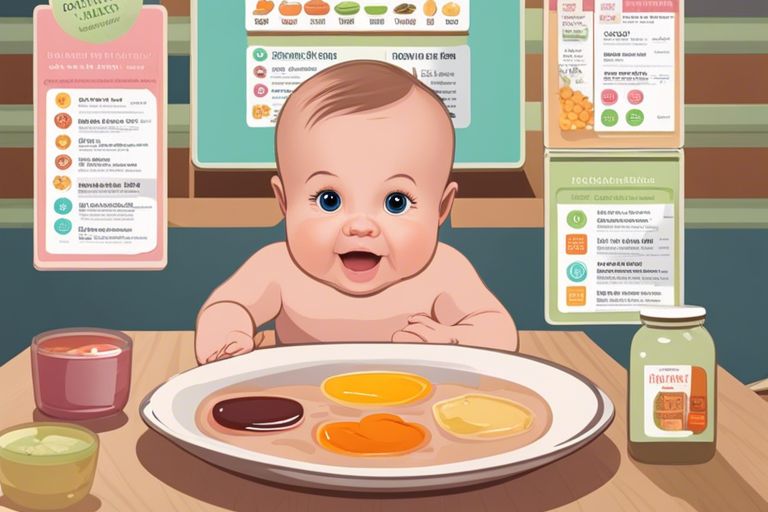tips, tricks and guides for parenthood
It's imperative to understand the importance of iron supplementation for babies, as this mineral plays a crucial role in their overall health and development. Babies who are exclusively breastfed may need iron supplements as breast milk alone may not provide enough iron after the first six months. Iron deficiency in babies can lead to developmental delays, cognitive impairments, and anaemia. Therefore, it is vital to consult with a healthcare professional to determine if your baby requires iron supplementation to support their growth and development.
If we want to determine whether a baby requires iron supplementation, we need to consider their age. Infants are born with iron stores that start depleting around six months of age when their bodies require more iron.
If we are looking for signs that a baby might need iron supplementation, we need to be aware of certain risk factors. These include preterm birth, low birth weight, exclusive breastfeeding, early introduction of cow's milk, maternal iron deficiency, and multiple births.
Factors
Perceiving these risk factors can help parents and healthcare providers identify whether a baby may need iron supplementation to prevent iron deficiency anaemia.

Any parent considering iron supplementation for babies should be aware of the different types available. Here is a breakdown of the options to help make an informed decision:
| Ferrous Sulphate Drops | Ferrous Fumarate Drops |
| Ferrous gluconate Drops | Ferrous Chelates Drops |
| Liquid Iron Supplements | Iron-fortified Cereals |
| Iron-rich Foods | Daily iron supplementation in children 6-23 months of age |
| Iron-rich Fruits and Vegetables |
Any parent can purchase over-the-counter iron drops for their baby without a prescription. These drops are generally safe when used as directed and can help prevent or treat iron deficiency in infants.
Any parent seeking prescription iron supplements for their baby should consult a healthcare professional. These supplements are usually prescribed for babies with severe iron deficiency anaemia or those who cannot tolerate over-the-counter options. Knowing when to consider prescription iron supplements is crucial for your baby's health.
Your little one may need iron supplementation at some point to support healthy growth and development. It's important to ensure they are getting the right amount of iron to prevent any deficiencies.
For babies under 1 year old, it is recommended to provide 1 mg per kg of body weight per day of iron supplementation. It's important to follow your healthcare provider's advice on the dosage to prevent any potential overdose which could be harmful to your baby's health.
A: Iron supplementation for babies is recommended for those who are exclusively breastfed, born prematurely, have low birth weight, or babies who are not consuming iron-fortified formula or solid foods rich in iron.
A: Iron supplementation helps prevent iron deficiency anaemia, supports healthy growth and development, boosts cognitive function, and strengthens the immune system in babies.
A: Signs of iron deficiency in babies include pale skin, fatigue, irritability, poor appetite, delayed growth, and developmental delays. Consult a healthcare provider for proper assessment.
A: Iron supplementation typically begins around 4 to 6 months of age when levels from birth start to deplete. Consult your healthcare provider before starting any supplements.
A: Excessive iron intake can lead to toxicity, causing symptoms like vomiting, diarrhoea, and stomach pain. Always follow the recommended dosage and consult a healthcare provider if in doubt.